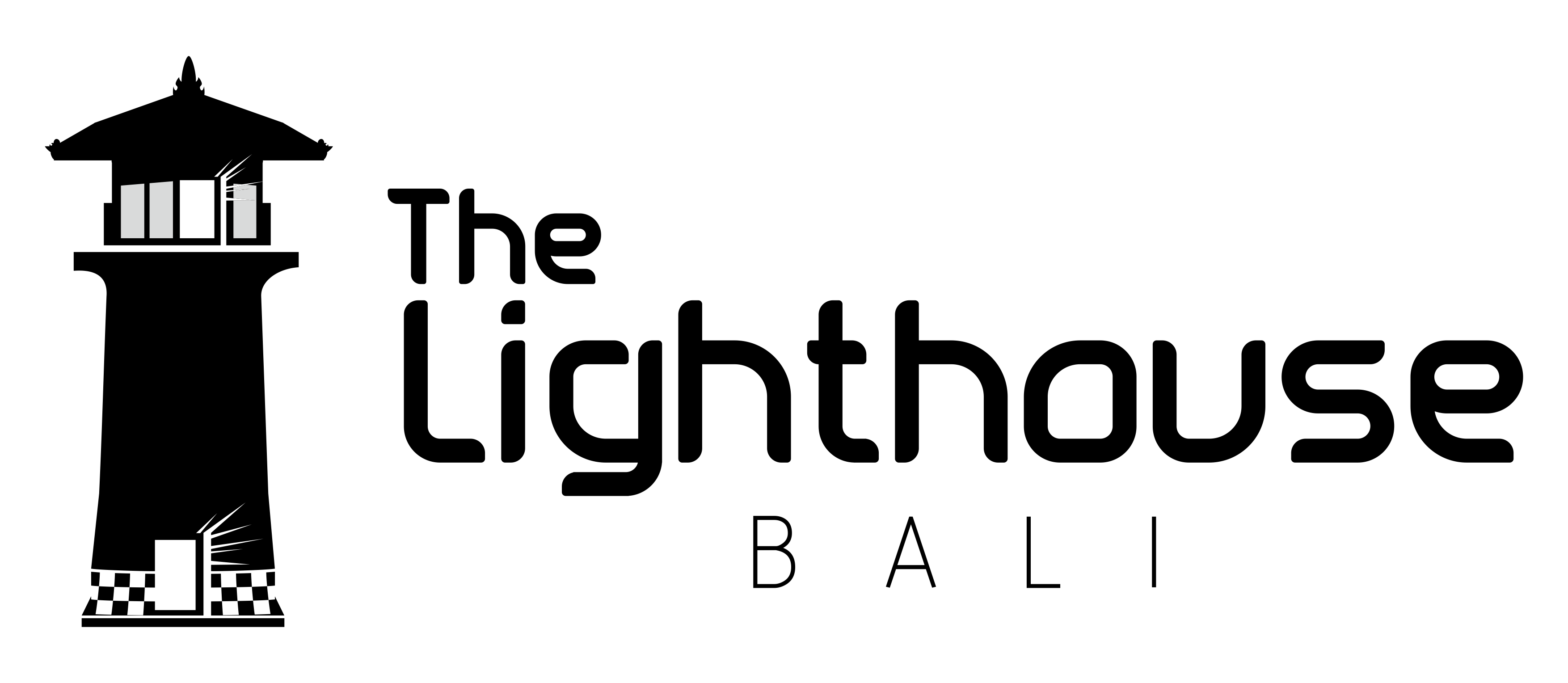Trauma Treatment in Bali Funded With Superannuation

Trauma treatment in Bali offers a peaceful environment and intensive, personalized programs that support recovery from PTSD and emotional trauma. Superannuation can often be accessed early on compassionate grounds to help fund this treatment when public services cannot provide the required level of care.
At The Lighthouse Bali, clients receive evidence-based therapies, holistic healing, and private accommodation, along with full support throughout the Superannuation application process. With the right professional guidance, meaningful trauma recovery is fully achievable, and early access to super can make high-quality treatment more accessible.
How to Use Superannuation Funds for Addiction Treatment and Rehab in Bali
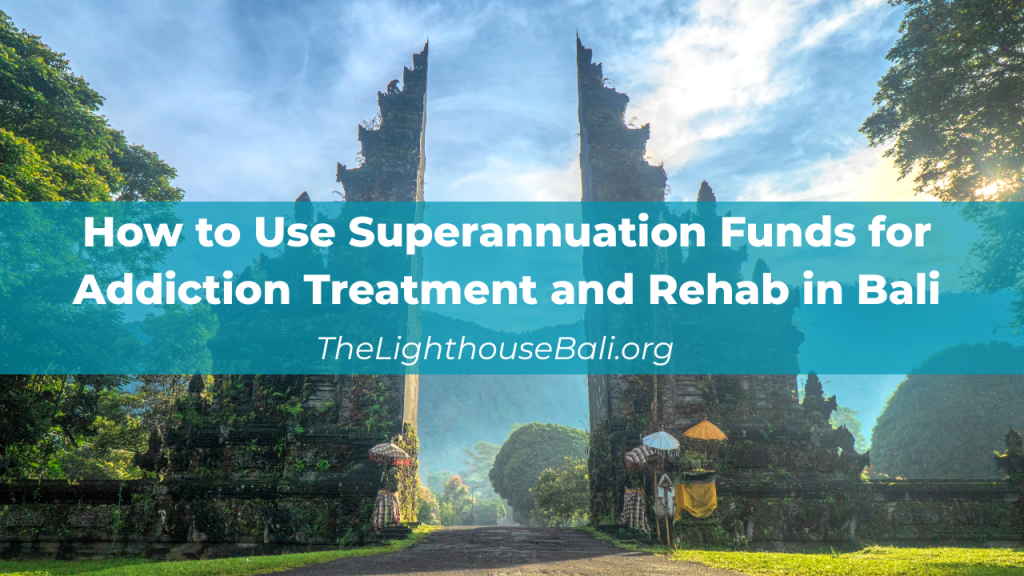
Accessing your Superannuation to fund addiction treatment is an investment in your health, future, and freedom.
At The Lighthouse Bali, we specialise in helping Australians release their Super with ease, ensuring the process is fast, compliant, and stress-free.
Our team in Australia can guide you through every step from eligibility to approval, so you can begin your personalised recovery journey in Bali with confidence and peace of mind.
When Pain Turns to Patterns: How Trauma Fuels Drug Abuse
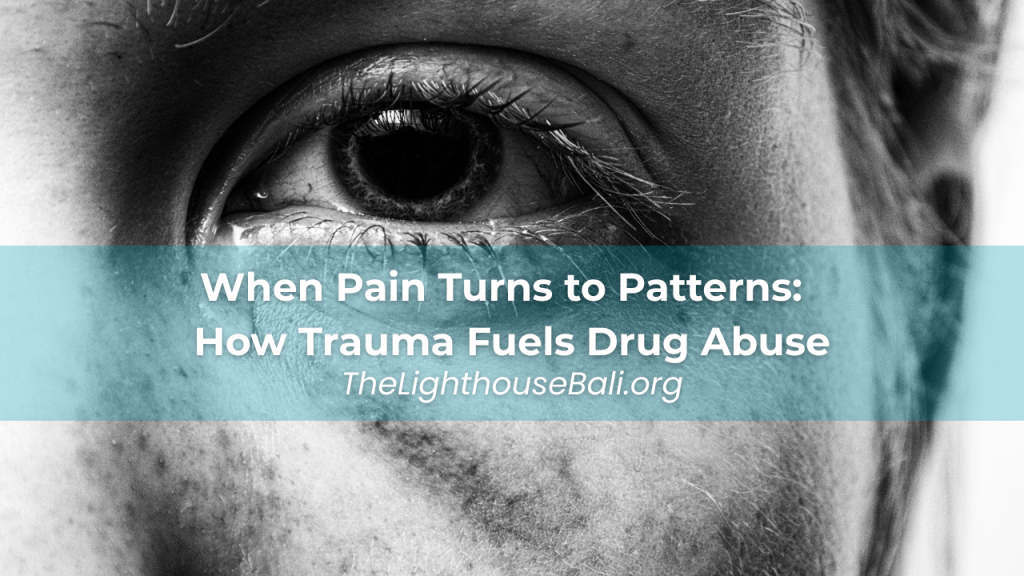
When pain goes unhealed, it often turns into patterns that shape how we live, think, and cope. For many, those patterns lead to substance use as a way to escape emotional wounds. This piece explores how trauma fuels addiction—and how healing both together can open the door to genuine recovery and lasting peace.
You’re Not Broken: Reframing Trauma and Addiction With Compassion and Clinical Support
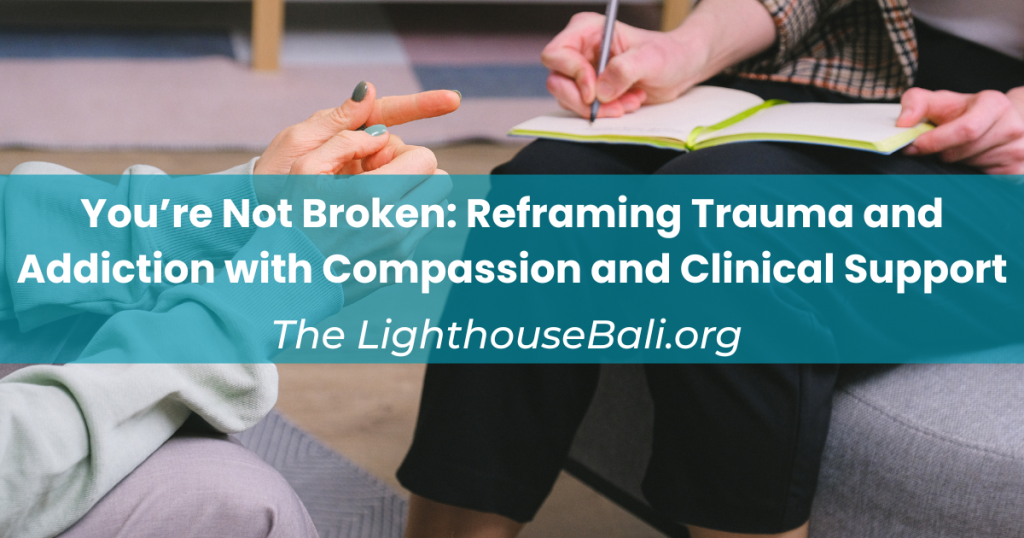
At The Lighthouse Bali, recovery is not about fixing what’s “broken,” but about reframing trauma and addiction with compassion and evidence-based care. Using therapies like CBT, EMDR, mindfulness, and personalized recovery plans, our team helps clients replace shame with resilience and create empowering new narratives. With ongoing support and aftercare, we guide individuals toward lasting healing and well-being.
From Surviving to Thriving: Why Dual Diagnosis Treatment Matters for Trauma and Substance Use

Dual diagnosis treatment is not a luxury .it’s a necessity.
When trauma and substance use disorders coexist, treating one without the other often leads to relapse, frustration, and prolonged suffering.
At The Lighthouse Bali, we specialize in integrated, trauma-informed care that treats both the root causes and symptoms of addiction. Through personalized, evidence-based therapy, holistic practices, and world-class clinicians, we help clients not only break free from dependency but build a sustainable path to long-term healing.
If you’re looking to truly heal not just get clean then dual diagnosis treatment is the missing piece.
5 REASONS WHY WILLPOWER IS NOT ENOUGH

You may think that you have a pretty strong will, which is probably one of the reasons you are frustrated that it is not working for your efforts to stop your alcohol or drug use. Even people who are successful in exerting their will to reach academic, professional, and other personal achievements are baffled that the same determination does not seem to work for a drinking or substance abuse issue.
How to Support an Alcoholic or Addict Without Enabling
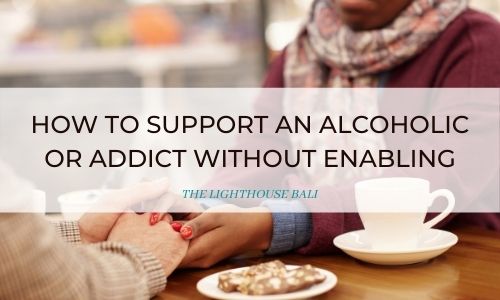
Recovering from a drug or alcohol addiction can be difficult. You have to overcome physical withdrawal symptoms, cravings, and mental roadblocks in order to get sober. The path to sobriety isn’t easy, and it doesn’t get any easier the more times you tread it.
Recreational Drug Use vs Addiction: What’s the Difference?
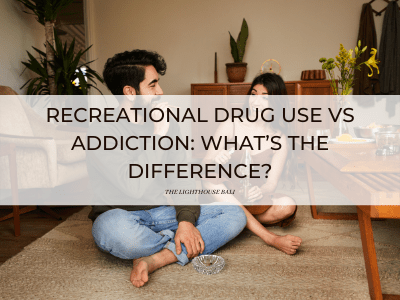
Recovering from a drug or alcohol addiction can be difficult. You have to overcome physical withdrawal symptoms, cravings, and mental roadblocks in order to get sober. The path to sobriety isn’t easy, and it doesn’t get any easier the more times you tread it.
Unfortunately, many recovering addicts and alcoholics tread the path several times – sometimes due to a few ‘false starts’ and for others, they get sober and relapse much further down the line. There are also those who repeatedly get sober and repeatedly relapse after a certain period of time, again and again.
Whether you have continued to stay clean and sober or have had trouble staying on track, it is important to get back to basics as we enter a second lockdown and restrictions.
Is It Safe to Stop Drinking at Home?

Recovering from a drug or alcohol addiction can be difficult. You have to overcome physical withdrawal symptoms, cravings, and mental roadblocks in order to get sober. The path to sobriety isn’t easy, and it doesn’t get any easier the more times you tread it.
Unfortunately, many recovering addicts and alcoholics tread the path several times – sometimes due to a few ‘false starts’ and for others, they get sober and relapse much further down the line. There are also those who repeatedly get sober and repeatedly relapse after a certain period of time, again and again.
Whether you have continued to stay clean and sober or have had trouble staying on track, it is important to get back to basics as we enter a second lockdown and restrictions.
Relapse and Recovery After Relapse
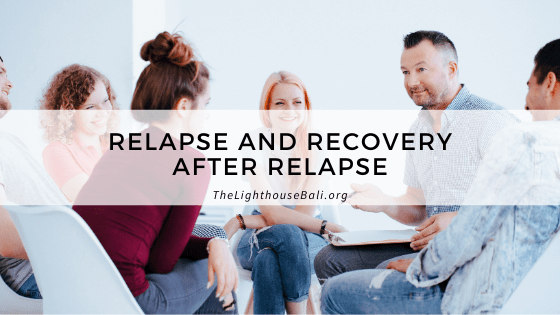
Recovering from a drug or alcohol addiction can be difficult. You have to overcome physical withdrawal symptoms, cravings, and mental roadblocks in order to get sober. The path to sobriety isn’t easy, and it doesn’t get any easier the more times you tread it.
Unfortunately, many recovering addicts and alcoholics tread the path several times – sometimes due to a few ‘false starts’ and for others, they get sober and relapse much further down the line. There are also those who repeatedly get sober and repeatedly relapse after a certain period of time, again and again.
Whether you have continued to stay clean and sober or have had trouble staying on track, it is important to get back to basics as we enter a second lockdown and restrictions.
